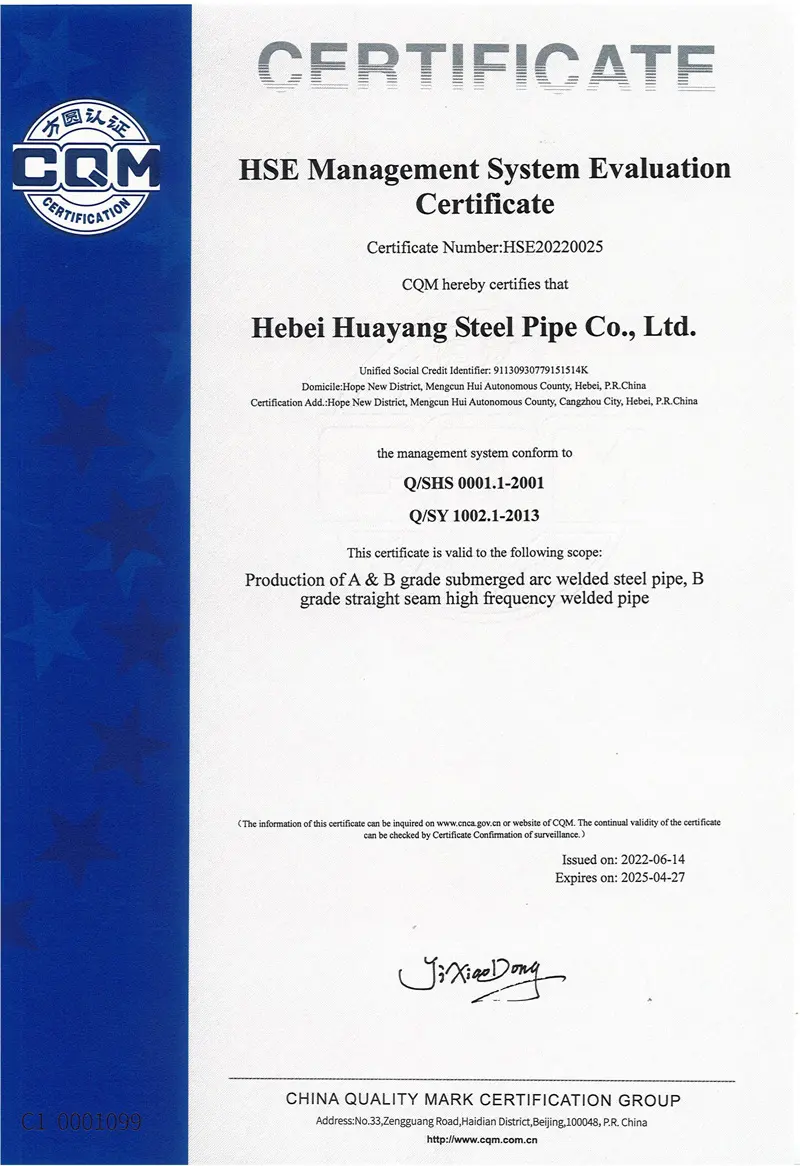
nov . 08, 2024 13:47 Back to list
MHEC Production Facility for Methyl Hydroxyethyl Cellulose Manufacturing Processes and Applications
The Significance of Methyl Hydroxyethyl Cellulose in Modern Manufacturing
Methyl Hydroxyethyl Cellulose (MHEC) has emerged as a vital product in the fields of construction, pharmaceuticals, and food industries. As a non-ionic cellulose ether derived from natural cellulose, MHEC is produced through the chemical modification of cellulose, making it a versatile component with unique properties. The ability to tailor its characteristics has established MHEC as an indispensable raw material across various sectors. In this article, we will discuss the production processes, applications, and advantages of MHEC, focusing specifically on its role in modern manufacturing.
Production of Methyl Hydroxyethyl Cellulose
MHEC is synthesized through a process that involves the etherification of cellulose. This process begins with the selection of high-purity cellulose, which is then treated with chemicals such as methyl chloride and ethylene oxide. The specific ratios of these chemicals and the conditions under which the reaction occurs determine the functional properties of the final product, such as viscosity, solubility, and gel-forming abilities. The resulting MHEC exhibits unique characteristics, such as high water retention and improved adhesion, which make it highly sought after in various applications.
Applications of Methyl Hydroxyethyl Cellulose
1. Construction Industry One of the primary applications of MHEC is in the construction sector. It is widely used as a thickening agent and a binder in cement-based products, such as tile adhesives, grouts, and plaster. Its ability to enhance water retention significantly improves the workability and adhesion of these materials, ensuring durability and strength. MHEC also slows down the drying process, allowing for better application and manipulation of traditional construction materials.
2. Pharmaceuticals In the pharmaceutical industry, MHEC is utilized as a thickening agent and a stabilizer in various formulations, including suspensions and emulsions. Its non-toxic nature makes it suitable for use in oral, topical, and injectable products. Additionally, MHEC plays a crucial role as a controlled-release agent in tablet formulations, enhancing drug delivery by extending the release time of active ingredients.
3. Food Industry The food industry has also embraced MHEC for its gelling and thickening properties. It is employed in the production of sauces, dressings, and low-fat foods, where it adds texture and creaminess while reducing calorie content. Its ability to retain moisture is particularly valuable in baked goods, where it helps maintain freshness and prevents staleness.
mhec-methhyl hydroxyethyl cellulose factory

4. Cosmetics and Personal Care MHEC is commonly found in cosmetic formulations, where it serves as a thickening agent, stabilizer, and emulsifier. It enhances the texture and feel of lotions, creams, and gels, contributing to an improved user experience. Furthermore, due to its non-irritating nature, MHEC is a safe choice for sensitive skin products.
Advantages of Methyl Hydroxyethyl Cellulose
The widespread use of MHEC can be attributed to its numerous advantages
- Eco-Friendly As a derivative of natural cellulose, MHEC is biodegradable and poses minimal environmental impact compared to synthetic alternatives. - Versatility The ability to modify its properties means MHEC can be tailored for specific applications, making it adaptable for a variety of industries.
- Enhanced Performance Products formulated with MHEC exhibit improved consistency, stability, and performance, contributing to higher quality end-products.
- User-Friendly MHEC solutions are easy to handle and incorporate into various formulations, providing manufacturers with a hassle-free option for enhancing their products.
Conclusion
Methyl Hydroxyethyl Cellulose is a remarkable product whose importance in modern manufacturing cannot be overstated. Its unique properties and versatility have resulted in its widespread application across multiple industries, making it essential for countless products we use daily. As demand continues to grow across sectors such as construction, pharmaceuticals, food, and cosmetics, the significance of MHEC in driving innovation and quality in manufacturing is likely to increase even further. The future prospects for MHEC in manufacturing remain bright, as industries continue to seek sustainable and effective solutions to meet the evolving needs of consumers.
-
The Widespread Application of Redispersible Powder in Construction and Building Materials
NewsMay.16,2025
-
The Widespread Application of Hpmc in the Detergent Industry
NewsMay.16,2025
-
The Main Applications of Hydroxyethyl Cellulose in Paints and Coatings
NewsMay.16,2025
-
Mortar Bonding Agent: the Key to Enhancing the Adhesion Between New and Old Mortar Layers and Between Mortar and Different Substrates
NewsMay.16,2025
-
HPMC: Application as a thickener and excipient
NewsMay.16,2025
-
Hec Cellulose Cellulose: Multi functional dispersants and high-efficiency thickeners
NewsMay.16,2025







